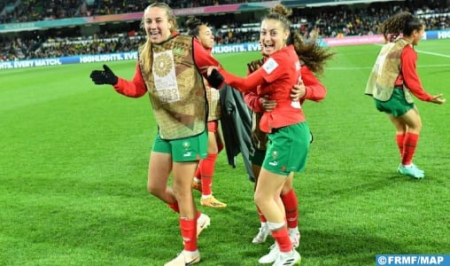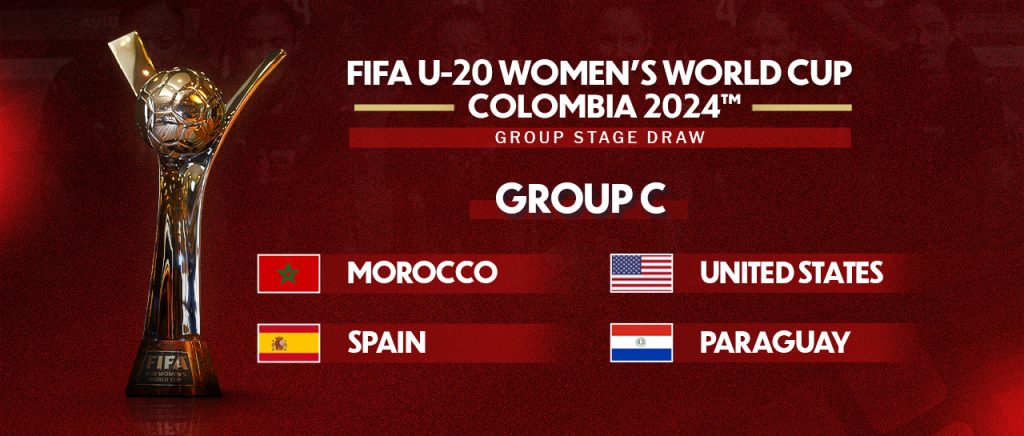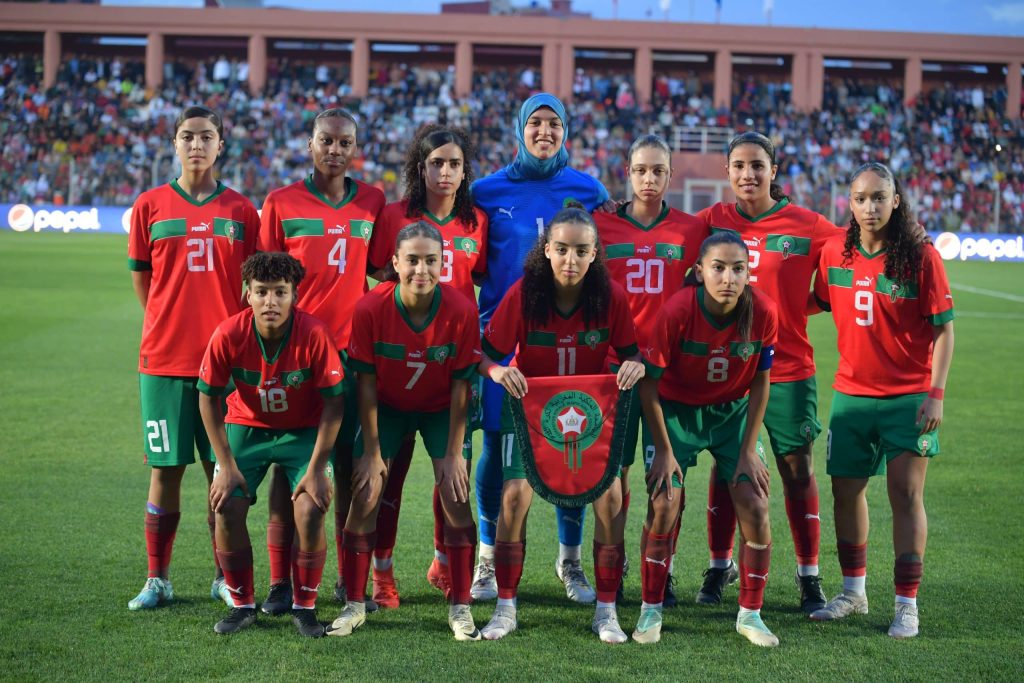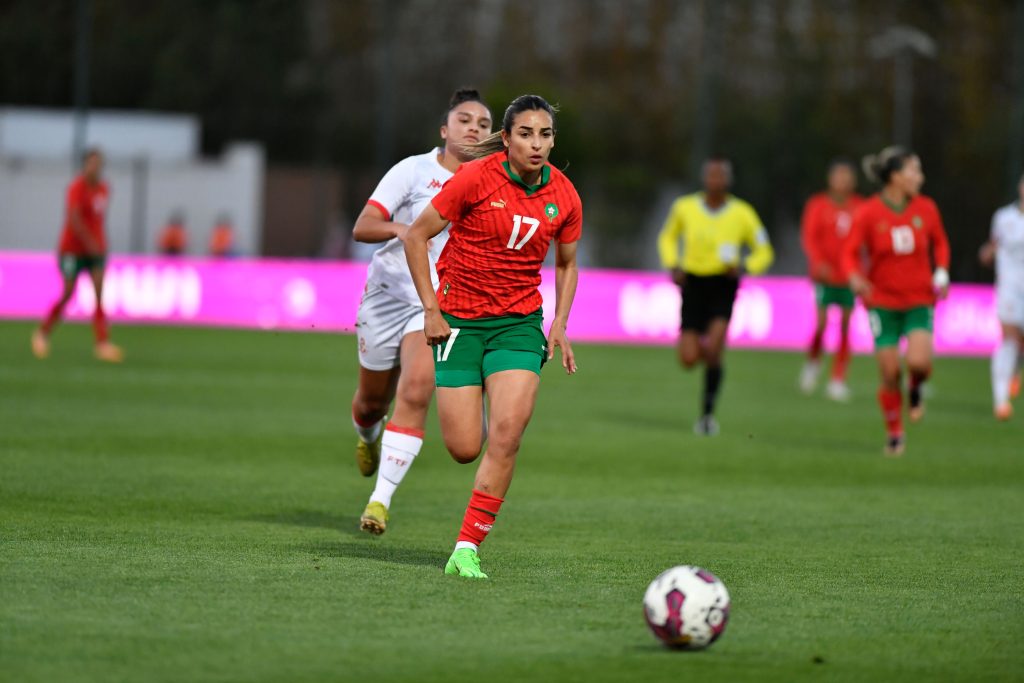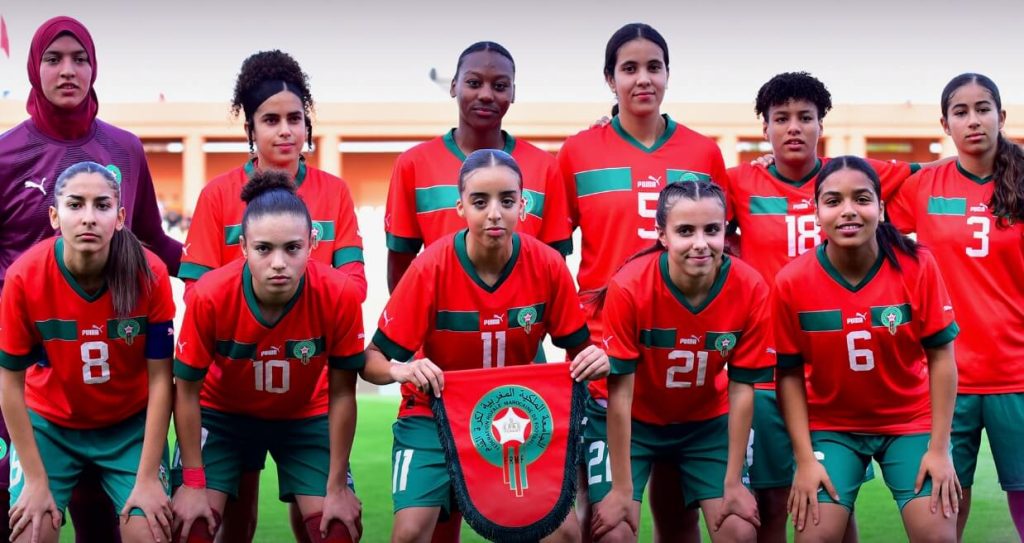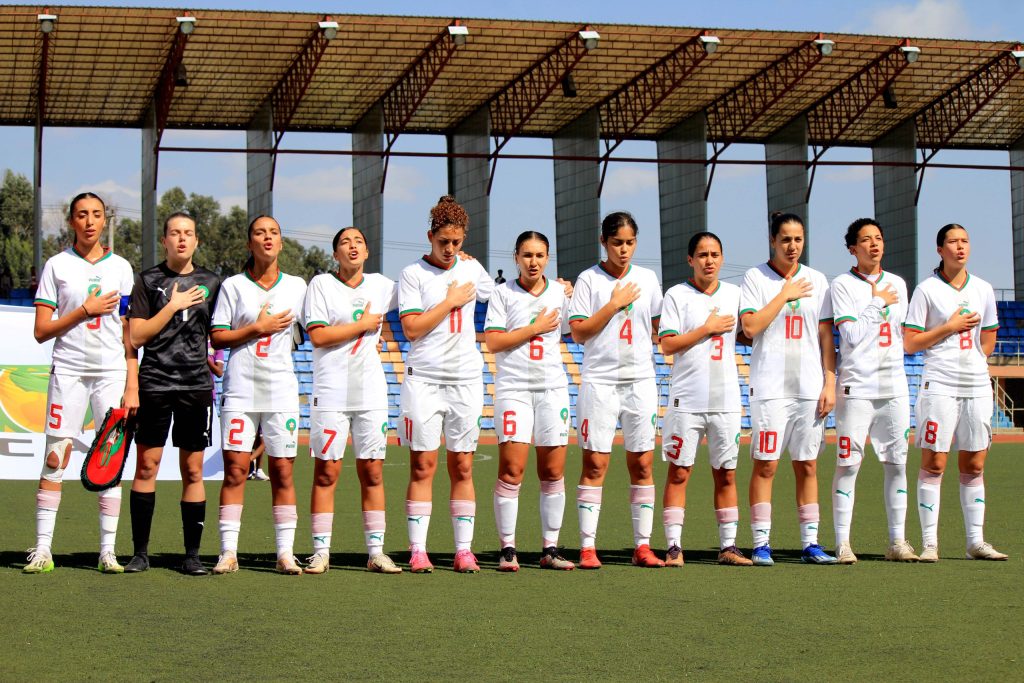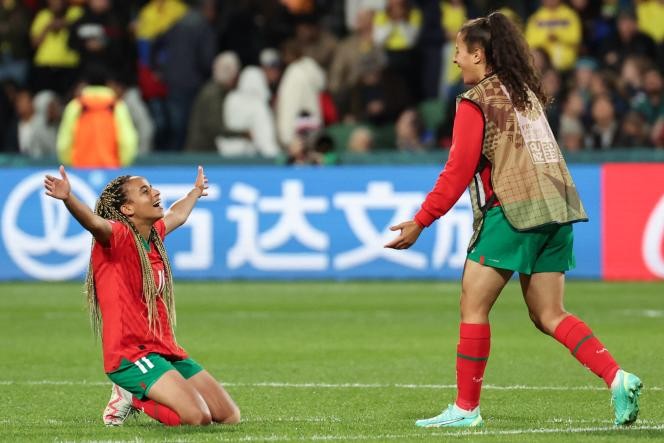It’s an eminently revealing achievement of Moroccan talent, in keeping with HM King Mohammed VI’s ambitions for a glittering national game that is making a name for itself on the international stage, as was the case at the Qatar 2022 World Cup.
The achievements of Morocco’s various national teams are the outcome of patient work imbued with seriousness, commitment and the values of sincere patriotism, under the visionary leadership of the Sovereign.
If the Royal vision is bearing fruit at the world’s key football events, this is a clear illustration of the development programs initiated and driven at the highest level of government.
Implemented in August 2020 following the signing of the Plan for the Development of women’s football in Morocco 2020-2024, it didn’t take long for the development of this discipline to get the sport on track, as part of an ambitious, structured and no-holds-barred approach.
For the first time, the senior national team has booked its ticket to play the final stages of the World Cup, and reached the final of the AFCON in 2022. A first. These achievements come less than two years after the professionalization of the national championship, under the leadership of the Royal Moroccan Football Federation (FRMF), which aims to reach the 90,000-member mark by 2024.
Women’s football, once relegated to amateur status, has definitely taken off since 2020, emerging as a model on an African scale and beyond, and leading the way for the continent.
The efforts made by the FRMF have enabled the emergence of professional football: payment of salaries to players, direct subsidies to clubs (buses, shirts, balls, etc.) and other incentives.
The three-part plan, with its targeted actions, focuses on restructuring, developing the discipline and monitoring national teams.
In addition, the Federation has deployed talent prospecting and detection projects in the various provinces of the Kingdom, but also ensured that the skills of national technical managers are improved and that a Sport-Studies program is implemented.
Clubs have not been left behind in this virtuous momentum: substantial support has been provided to regional clubs and leagues, as well as to Elite clubs, combined with the installation of quality infrastructures to enhance the pace of training.
Another key element of this roadmap is the Federation’s ambitious training program for dozens of participants in Rabat and Saïdia, an initiative which was subsequently extended to regional football centers.
In concrete terms, the Kingdom has won the bid to host the 2022 Women’s African Cup of Nations, FAR Rabat finished third in the first edition of the CAF Women’s Champions League, while the U17 team qualified for the 2023 World Cup.
The achievement of the Atlas Lionesses thus echoes the high value of the content of HM the King’s speech last Saturday, in which the Sovereign emphasized: “Whenever the conditions are right, and each time they commit to seriousness and to the spirit of patriotism, Moroccan youth always manage to dazzle the world with great, unprecedented accomplishments, and the feat of our national football team in the last World Cup is a case in point”.
